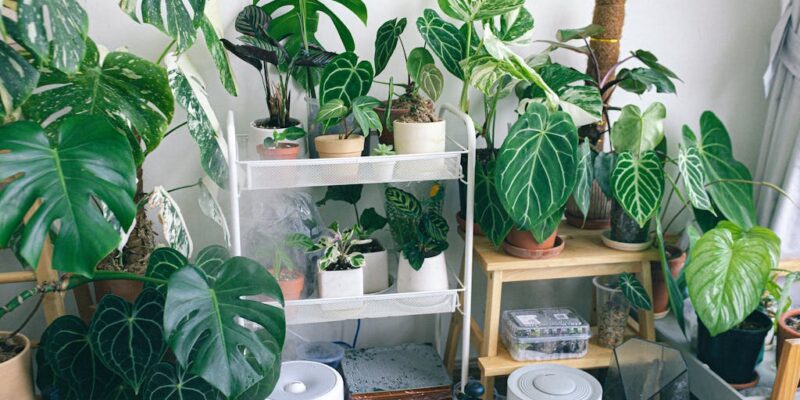How to Select the Best Air Purifier for Your Home
Before selecting an air purifier, it is important to assess your specific air quality needs. Determine the primary pollutants or allergens in your home, such as dust, pollen, pet dander, or smoke. Understanding the types of particles you need to filter will help you choose an air purifier with the appropriate filtration technology.
Consider the Type of Filter
Air purifiers use different types of filters to remove contaminants from the air. HEPA filters are highly effective at trapping small particles, including allergens and dust. Activated carbon filters are designed to absorb odors and gases, making them ideal for homes with pets or smokers. Some air purifiers combine multiple types of filters for comprehensive air cleaning. Choose an air purifier with the right type of filter based on your specific needs.
Evaluate the Room Size
Air purifiers are designed to cover specific room sizes, so it is crucial to choose a model that is suitable for the area where you plan to use it. Check the manufacturer’s specifications to determine the recommended room size for the air purifier. Using an air purifier that is too small for your room may result in less effective air cleaning.
Check the Air Purifier’s CADR Rating
The Clean Air Delivery Rate (CADR) measures how efficiently an air purifier can remove specific pollutants from the air. Higher CADR ratings indicate better performance in removing particles like dust, pollen, and smoke. Look for an air purifier with a CADR rating that matches your air quality needs and room size.
Consider Noise Levels
Noise levels can vary significantly between different air purifiers. Some models operate quietly, while others may produce noticeable noise. If you plan to use the air purifier in a bedroom or a quiet area, consider choosing a model with low noise levels. Check user reviews and product specifications to find an air purifier that meets your noise preferences.
Look for Energy Efficiency
Energy efficiency is another important factor when selecting an air purifier. Look for models with Energy Star certification, which indicates that the appliance meets strict energy efficiency guidelines. An energy-efficient air purifier will help you save on electricity costs while providing effective air cleaning.
Review Maintenance Requirements
Air purifiers require regular maintenance to ensure optimal performance. Consider the ease of replacing filters and the frequency of maintenance tasks. Some models have filters that need to be replaced every few months, while others may have longer intervals. Choose an air purifier with maintenance requirements that fit your lifestyle and preferences.
Check for Additional Features
Modern air purifiers come with various additional features that can enhance their functionality. Features such as air quality sensors, automatic mode, remote controls, and smartphone compatibility can add convenience and improve user experience. Assess which features are important to you and choose an air purifier that includes them.
Read User Reviews
Reading user reviews can provide valuable insights into the performance and reliability of different air purifiers. Look for reviews from people with similar needs and room sizes to get an idea of how well the air purifier performs in real-life situations. Reviews can also highlight any potential issues or benefits that you may not find in product specifications.
Consider the Cost
Finally, consider the cost of the air purifier, including the initial purchase price and ongoing maintenance expenses. While higher-priced models may offer advanced features and better performance, there are also affordable options that provide effective air cleaning. Choose an air purifier that fits within your budget while meeting your air quality needs.







